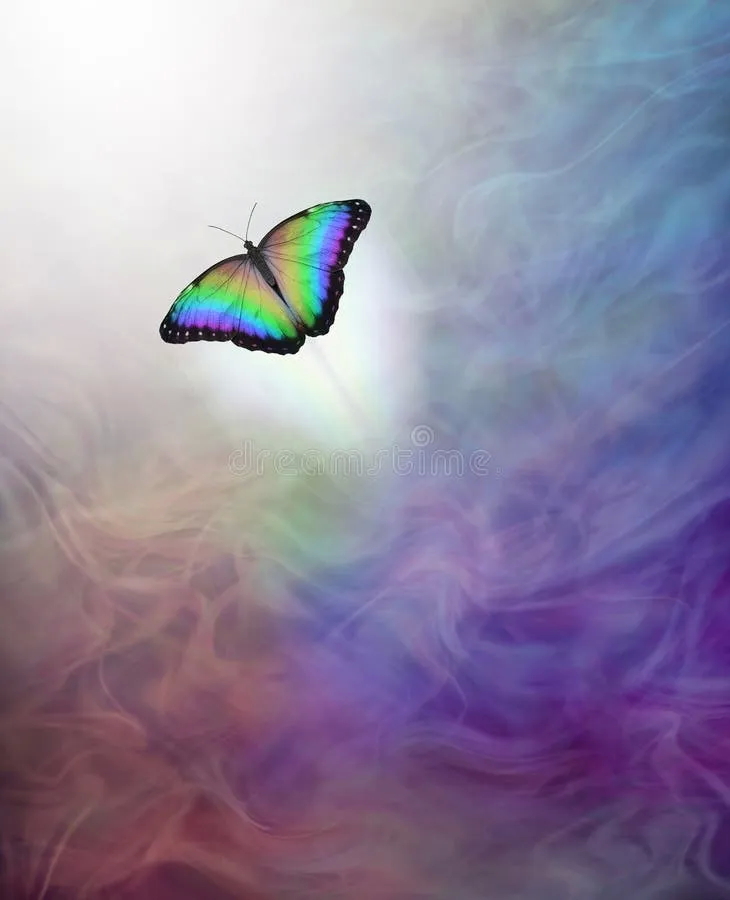Spiritual practice as a bridge between this life and the next

Introduction In this blog I try to integrate a few of the themes that I’ve described in previous blogs about spiritual awakening – themes such as the wide range of experiences that people report in the context of awakening, the many and varied paths to awakening, and then combine those with my fascination with recent research and observations about the possibility of an afterlife, as contained in such sources as the essays submitted to the competition organised by the Bigelow Institute for Consciousness Studies (BICS) to research the survival of human consciousness after bodily death. For those who have not seen these essays, they take a broad, non-sectarian approach to the afterlife and they suggest, not just continuity of consciousness, but also continuity of something resembling our current personalities and also the idea that how we conduct our lives now has implications for our experience of the afterlife. I’ve broadly divided this into sections on: ...









